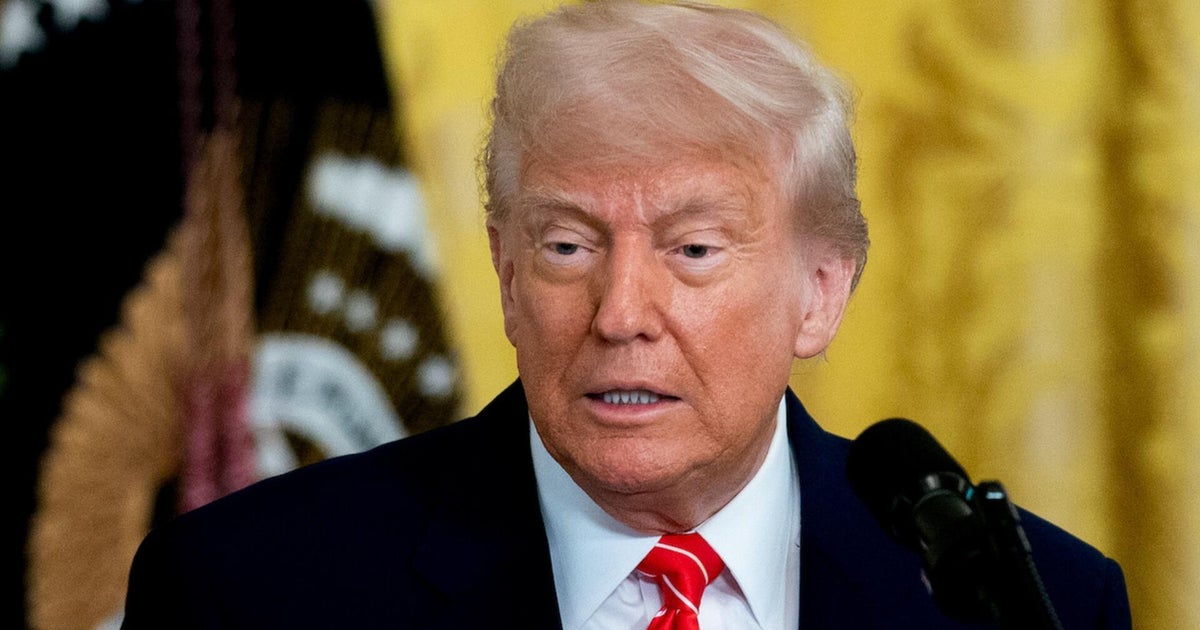A coalition of over a dozen states, predominantly governed by Democratic leadership, has initiated legal action against the Trump administration. This suit arises in reaction to what these states decry as aggressive, unprecedented moves by President Trump to accelerate large-scale energy projects, which, according to their claims, skirt established environmental safeguard laws. The crux of their argument hinges on President Trump’s proclamation of a “national energy emergency” immediately upon taking office, a move perceived as the opening gambit in a broader strategy to significantly bolster U.S. oil and gas production.
The presidential directive, characterized by its immediate push for the expansion of the oil and gas sector, notably invokes the powers granted by eminent domain and the Defense Production Act. Under normal circumstances, these authorities allow the federal government to utilize private land and resources for production deemed essential to national interests. Typically, such powers are reserved for genuine emergencies—responses to natural disasters such as hurricanes, floods, or significant oil spills, where quick action is imperative.
However, the states involved in this lawsuit, led by figures such as California Attorney General Rob Bonta, argue that these powers are being misapplied. In their collective suit, filed in a Washington state federal court, they assert that entities such as the Army Corps of Engineers and the Department of the Interior are now sidestepping mandatory reviews and considerations required under crucial federal statutes like the Clean Water Act and the Endangered Species Act.
The legal challenge articulates a concern that this expedited permitting process, devoid of due diligence, invites irreversible damages to various natural and historic resources which are vital for drinking, agriculture, recreation, and ecological habitats. The states stress that the resultant environmental degradation will not only impact wildlife but also compromise the quality of life and health of the populations dependent on these ecosystems.
In defense of the administration’s stance, White House spokesperson Taylor Rogers issued a statement vehemently defending the President’s actions. According to Rogers, the President holds the prerogative to define national emergencies, contending that this authority is not within the purview of state attorneys or the judiciary to challenge. The statement further underscores a belief that the liberation of American energy resources is indispensable, aligning both with economic growth and the enhancement of national security.
Nevertheless, the attorneys general spearheading this litigation maintain that while they recognize the paramount importance of reliable and affordable electricity, the current production levels are already sufficient and at peak performance. They argue that the President’s executive order is not only unauthorized but that its directives compel federal agencies to neglect legal and regulatory frameworks critically put in place to protect environmental and public welfare.
Their critique extends to the foundational principles of federalism, highlighting that such executive overreach may dilute or even strip states of their rights—rights expressly enshrined in laws such as the Clean Water Act, which empowers states to manage and safeguard water quality within their borders.
The plaintiffs are seeking judicial intervention to have the executive order declared unlawful. They urge that federal agencies should not be permitted to use the emergency authorization framework for projects that do not meet the criteria of an actual emergency. In essence, they frame President Trump’s directive as not just an overextension of his assigned emergency powers but a clear deviation from lawful executive conduct.
California Attorney General Rob Bonta, in voicing his advocacy for the lawsuit, described the executive order as yet another instance of unlawful overreach by the President, who, in Bonta’s view, has significantly exceeded the legitimate scope of his emergency powers.
As this legal battle unfolds, it presents a fundamental dispute over the scope of executive power, the sanctity of environmental protections, and the strategic direction of national energy policies. This lawsuit could set significant precedents regarding the balance of powers among the federal government, the states, and the interpretation and application of emergency powers in policy execution and environmental stewardship.
This case not only underscores the ongoing tensions between state and federal jurisdictions over environmental policy but also reflects broader national debates about the pace and nature of energy development in the United States. With both sides standing firm in their positions, the outcome of this legal challenge could have far-reaching implications for how environmental and emergency powers are understood and exercised in the future.









